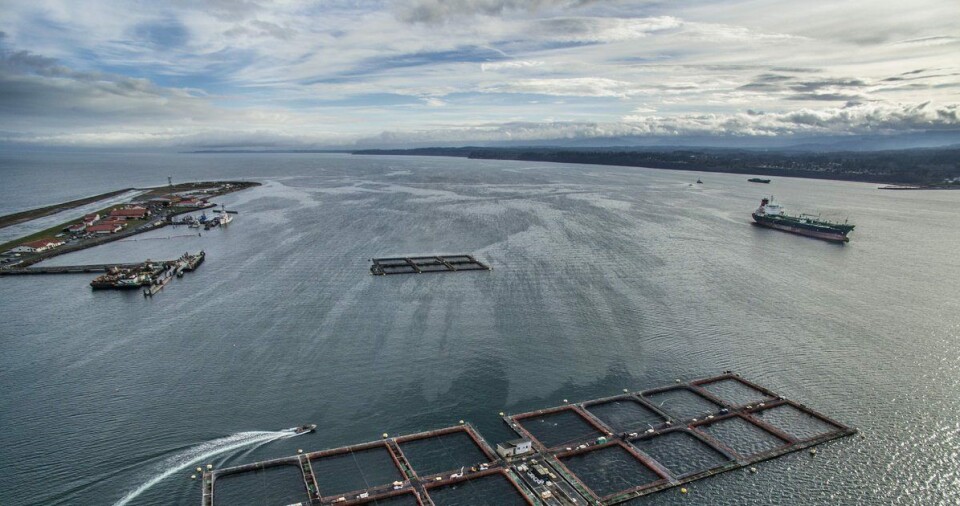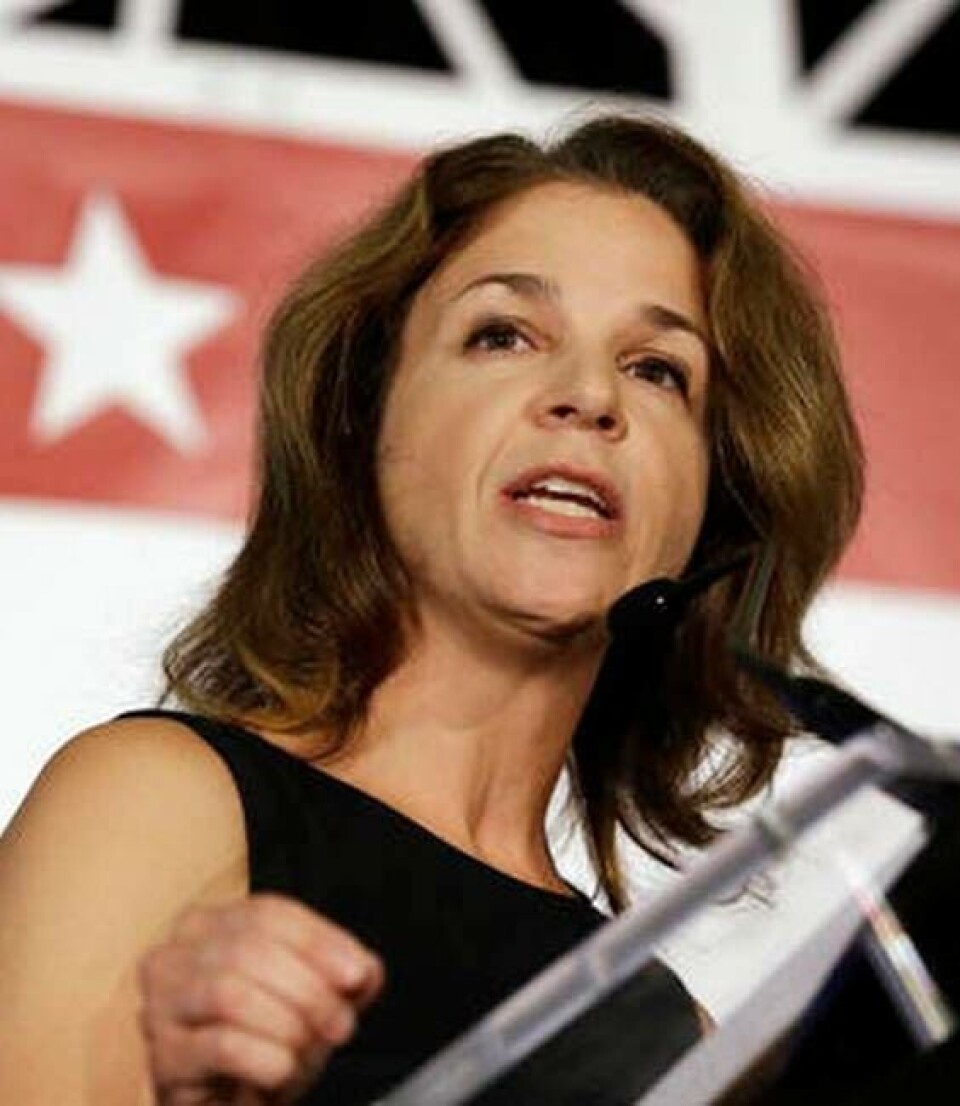
Cooke launches court fight to keep farm open
Cooke Aquaculture Pacific has launched a legal challenge against a decision by Washington state authorities to close down its Port Angeles salmon farm in Puget Sound.
In a statement yesterday, Cooke said it had filed suit in Clallam County Superior Court, "challenging the Department of Natural Resources’ (DNR) unlawful attempt to terminate the company’s longstanding lease to operate a salmon farm in Port Angeles".

Cooke’s lawsuit contends that the decision to terminate the lease, which was made by Commissioner of Public Lands Hilary Franz, is not supported by the facts and will unnecessarily result in the loss of scarce rural jobs.
Erroneous information
The family-owned fish farmer, which also grows salmon in Scotland, Canada, Chile and the western US state of Maine, contends that DNR’s lease termination, announced late on Friday, December 15, was based on erroneous and outdated information about the condition of the Port Angeles facility.
It points out that DNR’s decision to terminate Cooke’s lease came as a surprise to Cooke in part because DNR approved the transfer of the lease to Cooke in 2016 knowing that mooring lines extended outside of the lease area and without notifying Cooke that this might constitute grounds for termination.
Misunderstanding of the facts
“Cooke Aquaculture Pacific acquired the Washington salmon farms when it purchased Icicle Seafoods in 2016”, said Cooke public relations chief Joel Richardson. “The Department of Natural Resources, then led by Commissioner Franz’s predecessor, approved the transfer of those farm leases at that time and raised no concerns or objections to the manner in which Cooke’s predecessor company was managing the leased aquatic area. We can only assume that the recent decision to terminate the Port Angeles lease is based upon misinformation or a misunderstanding of the facts and history related to this site.”

Cooke representatives are hoping to meet with Franz later this month to discuss the basis for the decision to terminate its lease and further address or answer questions she may have about Cooke’s operations.
“While we regret the need to file suit before meeting with the Commissioner, we were required to do so in order to protect the company’s legal rights,” Richardson said. He added that Cooke believed talks with DNR, which it regarded as a long-standing partner in its recently acquired Washington aquaculture programme, "can likely resolve any legitimate, substantive factual issues between the parties. If those issues cannot be amicably resolved by dialogue with the Commissioner then we are prepared to assert our legal rights by way of the judicial system.”
Navigation hazard
The farm at Port Angeles comprises one pen with 14 cages and another with six cages, and in mid-December held nearly 700,000 Atlantic salmon.
Franz terminated Cooke’s lease after an inspection earlier in December discovered that the farm is outside the boundaries of its lease with the DNR and is causing a navigation hazard.
The farm also is polluting the water with fragments of Styrofoam crumbling off its floats, Franz told The Seattle Times. Finally, anchor lines for the farm are missing or damaged, posing a risk of collapse and fish escape – as happened in August at another Cooke farm, at Cypress Island, Franz told the newspaper. In that incident, an estimated 160,000 fish escaped.























































